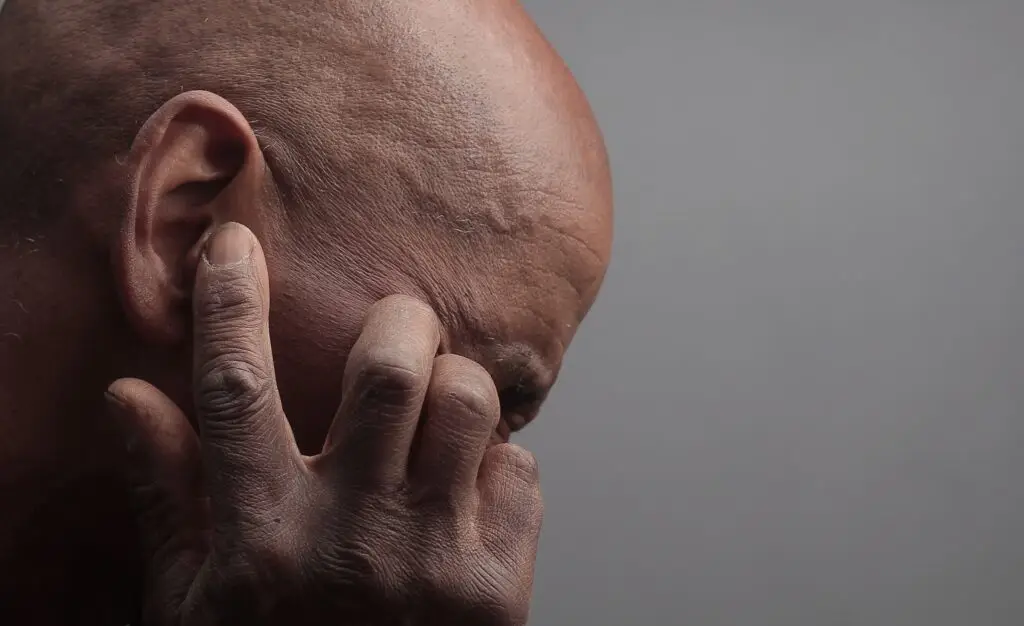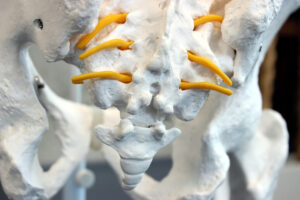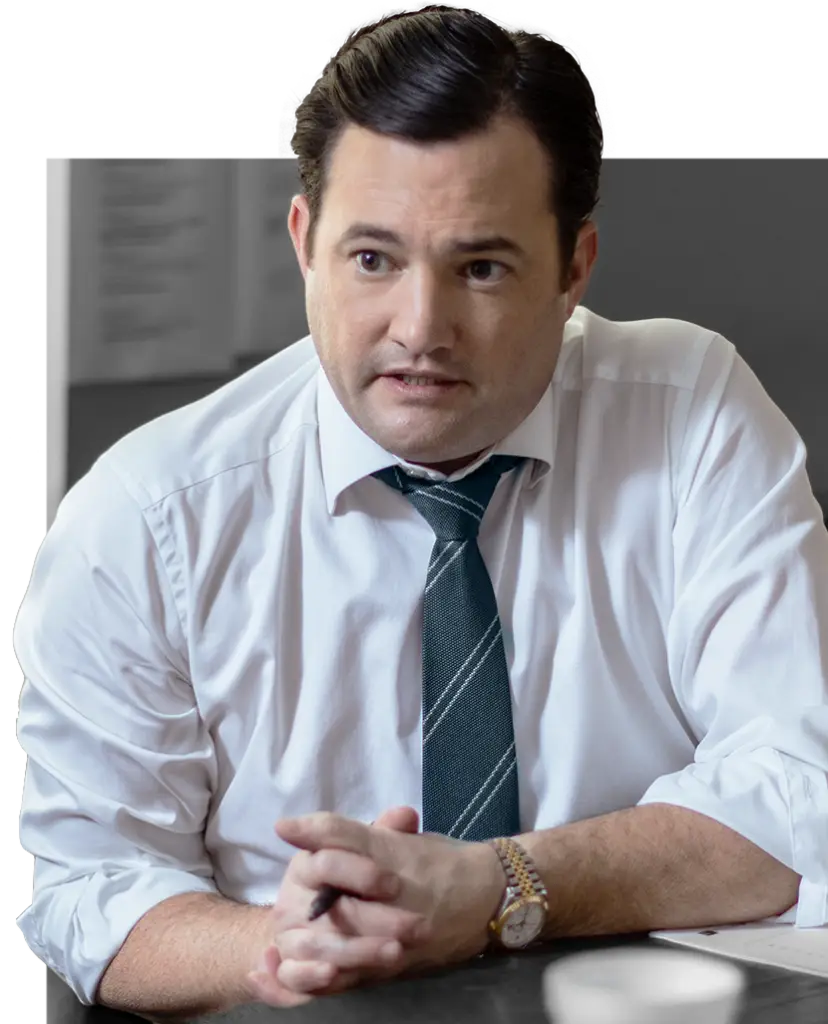Sensory loss like deafness after an accident is a catastrophic injury with lifelong repercussions. A victim of such injury faces a drastic change in their lifestyle, affecting aspects like work, relationships, enjoyment of life, and daily tasks. Any accident that results in such lasting, life-changing trauma is considered a catastrophic injury.
Why Deafness Is a Catastrophic Injury
Deafness caused by an accident severely alters the victim’s life as it deeply impacts communication, a core human function. Loss of hearing isolates individuals, making daily interactions and accessing services challenging. Deafness requires significant life adjustments, impacting personal and professional aspects.
Legally, catastrophic injuries are those with lasting effects that hinder everyday life and work. Deafness fits this due to its irreversible nature and the need for substantial adaptations. It demands long-term medical care, assistive technologies, and possibly changes in career paths.
Deafness also affects mental health, leading to potential depression and anxiety due to isolation and communication barriers. This physical, emotional, and economic impact makes deafness fit within the scope of catastrophic injuries.
What Are the Types of Catastrophic Injuries?
These are the main categories of catastrophic injuries:
- Sensory Loss
- Brain Injuries
- Spinal Cord Injuries
- Amputations
- Severe Burns
- Multiple Fractures
- Organ Damage
All of these injuries require comprehensive medical care, including surgeries, rehabilitation, and long-term support; place a mental and emotional strain on the victim; and lessen the enjoyment of life.
Legal Classification of Catastrophic Injuries
Legally speaking, a catastrophic injury is a permanent injury that impedes the victim from carrying out their normal daily activities. Below are some of the elements related to catastrophic injuries.
Impact on Employment
Courts consider whether the injury caused the victim to miss time at work as well as whether they can continue at their job or have to take a lower-paying one. Lost wages as well as how the injury will affect long-term earnings are eligible for compensation.
Need for Ongoing Medical Care
Severe injuries often require a considerable amount of medical care in the short and long term. Catastrophic injuries are permanent, so expenses related to this injury will also be lifelong.
Permanent Disability
For an injury to be catastrophic, it needs to lead to a permanent disability. And in many cases, deafness is a lifelong condition.
Quality of Life
Catastrophic injuries cause physical and emotional pain to the extent that they hurt the person’s quality of life. The law recognizes that it can impede them from leaving their home or even their bed without the need for assistance. For people dealing with deafness, going outside alone can be very challenging.
Causes of Deafness Catastrophic Injuries
Below are some of the common causes of hearing loss catastrophic injuries.
Vehicle Accidents
The intense impact and loud noises associated with crashes can cause deafness. The sudden, explosive sound of a collision can cause immediate and severe damage to the inner ear, leading to temporary or permanent deafness.
Traumatic brain injuries (TBI) resulting from car accidents can also affect the auditory pathways. This means victims can become unable to process sound.
Reckless drivers and manufacturers of faulty vehicle parts could be held liable for these accidents and their impact on the victims.
Workplace Noise
Exposure to excessive noise in the workplace is another common cause of hearing loss, especially in industries such as manufacturing, construction, and mining. Employees working in these environments are at a high risk of developing noise-induced hearing loss (NIHL). Unlike other forms of hearing loss, NIHL can accumulate gradually, making it more challenging to detect until it has reached a severe stage.
In these cases, employers are often liable for damages. Failure to implement adequate safety measures or neglect of noise exposure results in compensation for the victims.
Sports Injuries
Contact sports such as football, boxing, and rugby can lead to deafness. Concussions and other head injuries can damage the auditory system in a way similar to car crashes. The force of a blow to the head can disrupt the structures within the ear. In cases where inadequate safety protocols, poor coaching practices, or defective equipment contribute to the injury, the responsible parties may be held liable.
The legal implications often relate to the duty of care owed by sports organizations, schools, and equipment manufacturers to the athletes. Compensation claims could address the failure to provide necessary protective gear, implement safety guidelines, or properly educate athletes.
Public Places
Loud events in public places, such as concerts, festivals, and fireworks displays, can also lead to hearing loss. The intense volumes produced at these events can cause immediate damage to the ears of attendees. Health regulations provide guidelines for secure sound levels at public events. When event organizers, venue owners, or performers fail to follow these regulations, they can be found at fault for auditory damage.
Construction Sites
Construction sites near residential areas can be a source of noise-induced hearing loss for people living nearby. The heavy machinery and equipment used in construction generate significant noise. Workers might be protected against it, but nearby people are not. This can be harmful temporarily, but in certain cases, there can be permanent damage.
Compensation for Deafness Catastrophic Injuries
These are some of the issues victims can get compensated for after a catastrophic injury caused by an at-fault third party:
- Medical treatment costs
- Future medical care expenses
- Lost income
- Future earnings loss
- Pain and suffering
- Lifestyle adaptation costs
- Hearing devices and aids
- Rehabilitation
- Educational support for new skills
- Legal and court costs
Getting the Compensation You Need
As the name implies, a catastrophic injury has devastating effects on individuals. The law recognizes this, and with the right claim and legal assistance, the at-fault party can be held liable for the damages. It’s important to consider that since these injuries are lifelong, so are the expenses related to them. This is why a fair compensation package will include coverage that goes beyond immediate medical costs.









